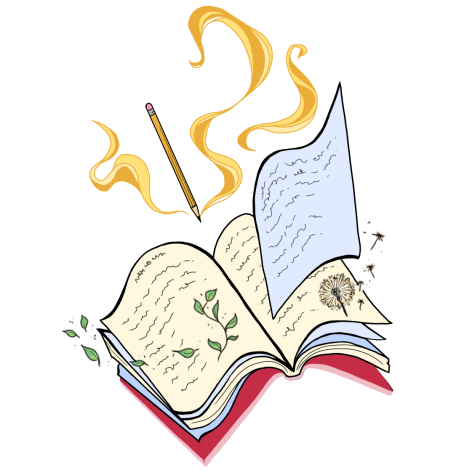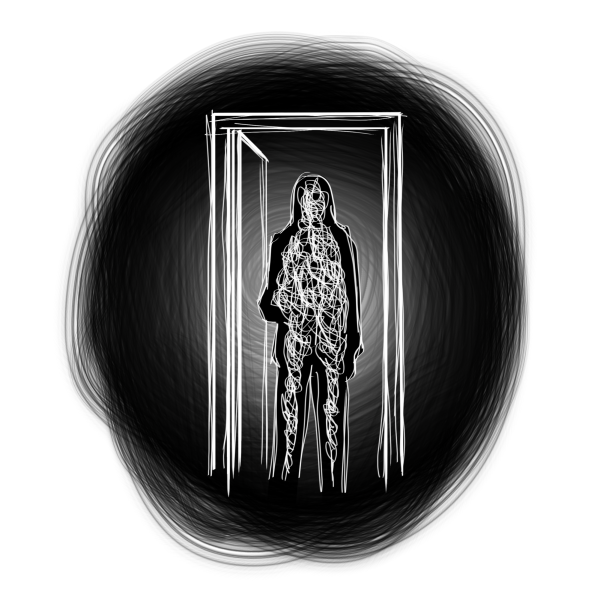Students journal to record and reflect
February 9, 2023
Journaling can take many forms for different people. Some use journaling to confess their deepest darkest secrets and intimate details of their lives. Others use journals as more than just a place to record their most private thoughts.
Sophomore Troy Pelczarski uses Google Sheets to track his hourly tasks and has a color code corresponding to ten categories of activities. These include sleeping, family, friends, romance, school, work, productivity, hobbies/interests, relaxation and health/travel.
“It’s a good way to introspect while bringing that data analytics aspect into it,” Pelczarski said.
Pelczarski began this practice of journaling on Jan. 1, 2023, and aims to continue for a year. He hopes that this tracking will demonstrate trends in his behavior overtime, changes in his sleep schedule, what he spends his time on, etc. He gleaned inspiration for this project from Reddit.
“I saw this one post on a subreddit called ‘data is beautiful’ where they share the wonders of science. This one guy had done this for four years; with this massive color map he was able to see these major life events and things that changed his life in the form of non-normal media. It’s like a different way of looking into the past,” Pelczarski said.
Associate Professor of English Kisha Schlegel shared a quote from cartoonist Linda Barry while discussing a process Barry derived called the four-minute daily diary.
“The point of the daily diary exercise is not to record what you already know. It’s an invitation to the back of your mind to come forward and reveal to you the perishable images about the day you didn’t notice you noticed at all,” Barry writes.
Schlegel has her class write in their own four-minute daily diaries every day and has a deep appreciation for journaling.

“My father-in-law kept journals where he narrated what he did everyday. [They were] very cursory statements – basketball with Danny, mowed the lawn. But it means so much to us to look back on it and sometimes it triangulates with our own memories,” Schlegel said.
Being able to reread your writing and re-experience it is a magical thing. But, many people who journal don’t do this.
Sophomore Loela Dickey, for example, rarely looks back on old entries. She shared that it can be”cringeworthy” because you become a different person than you were a few months or a year ago, and putting yourself back in that headspace or life stage is difficult. Dickey will only read back on much older entries because it’s more funny than uncomfortable.
She is an avid journaler, but unlike Pelczarski, Dickey writes sporadically and says it’s usually emotionally motivated.
“If I’m going through a hard time, I’ll literally fill up a journal so fast; if I’m chilling, I won’t touch a journal for weeks or months. Sometimes, I don’t even really realize what my problem is, and then after journaling I’ll come to conclusions and realize what I need to do. I feel like I’m therapizing myself,” Dickey said.
Writing down feelings helps lots of people process them. Expressing thoughts and emotions on paper about upsetting events can allow moving forward by articulating and letting go of the feelings involved. Sophomore Meron Semere does this via her “burn book.”
“I’ve been using a burn book since senior year of high school. Anytime someone really angers me, I will write about it. I tend to bottle up my emotions, and I find that my burn book allows me to release them in a healthy way,” Semere said. “Sometimes people write affirmations or their mood for the day, but my burn book is just all the negativity that enters through my life because it really gets into my bloodstream; the hemoglobin of my soul.”
Semere’s burn book is as valid a form of journaling as any other.
“The beauty of a journal is that you make it your own. You can make it what you need and use it to be reflective; [you can use it] to better understand your life, [and] that just seems like a beautiful gift,” Schlegel said.
Any and all kinds of journaling are productive, whether it’s a Google spreadsheet, college ruled notebook or burn book; journaling is a creative outlet several Whitties use to document their lives and feelings.






